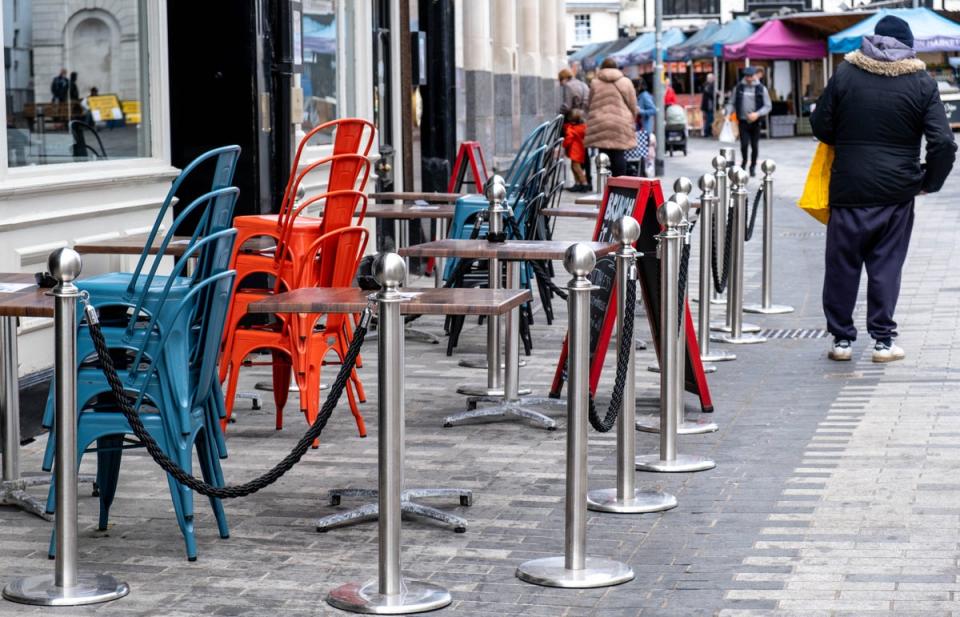Hotel so short staffed ‘due to Brexit’ it is forced to turn customers away
The cost of living crisis has struck hospitality businesses as the sector is now buckling under soaring inflation and staffing shortages.
Hotel and restaurant owners have blamed Brexit for a serious shortage of staff, making it difficult for many to keep their doors open to the public.
Gary Curley, who runs the Sligachan Hotel on the Isle of Skye, said his business only has 33 staff whereas in 2019 his team was 45-50 people strong.
Now, he and his wife have to make up for the lack of staff by doing multiple jobs “in every department” of the hotel.
He has to compromise his opening hours and his own rest time to make up for the lack of staff available.

“There are weeks when we can only open five days, Mr Curley told BBC Scotland. “We also close between 3pm and 5pm to give staff a break and get organised for dinner service.
“There are days we are having to turn people away and we don’t want to do that.”
The hotel owner blamed Brexit for bringing about the most difficult year he has experienced in this business. He said a third of his staff was from the European Union in 2019, but he is no longer getting applications from there.
Kelly Fairweather has a bakery in Dundee, Scotland which has been closed for three months because there is no staff to keep it running.
She also has two other businesses which she is struggling to keep afloat, as she described the being in the industry as “being in a boxing ring and constantly taking punches”.
It comes as Britain faces the worst inflation in 40 years, climbing 9.1 per cent in the 12 months to May, the highest since at least February 1982 when it reached 10.2 per cent.
Bank of England Governor Andrew Bailey last Wednesday said soaring inflation will hit Britain harder than any other major economy during the current energy crisis and that output is likely to weaken earlier and be more intense than others.

